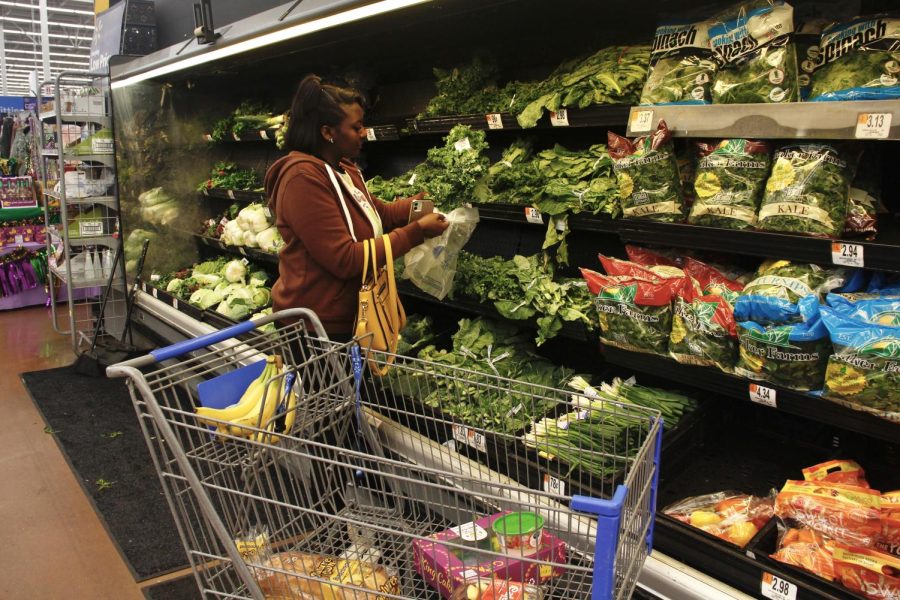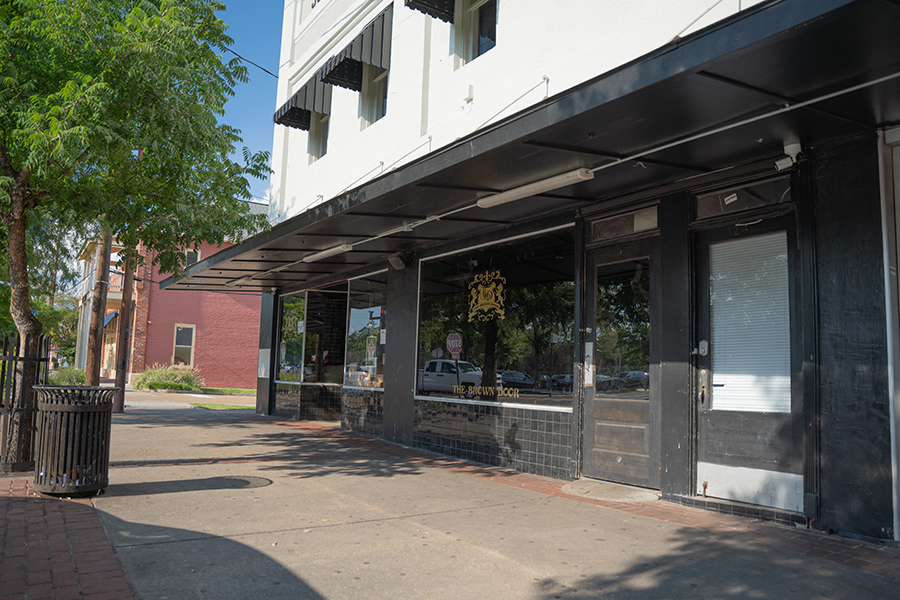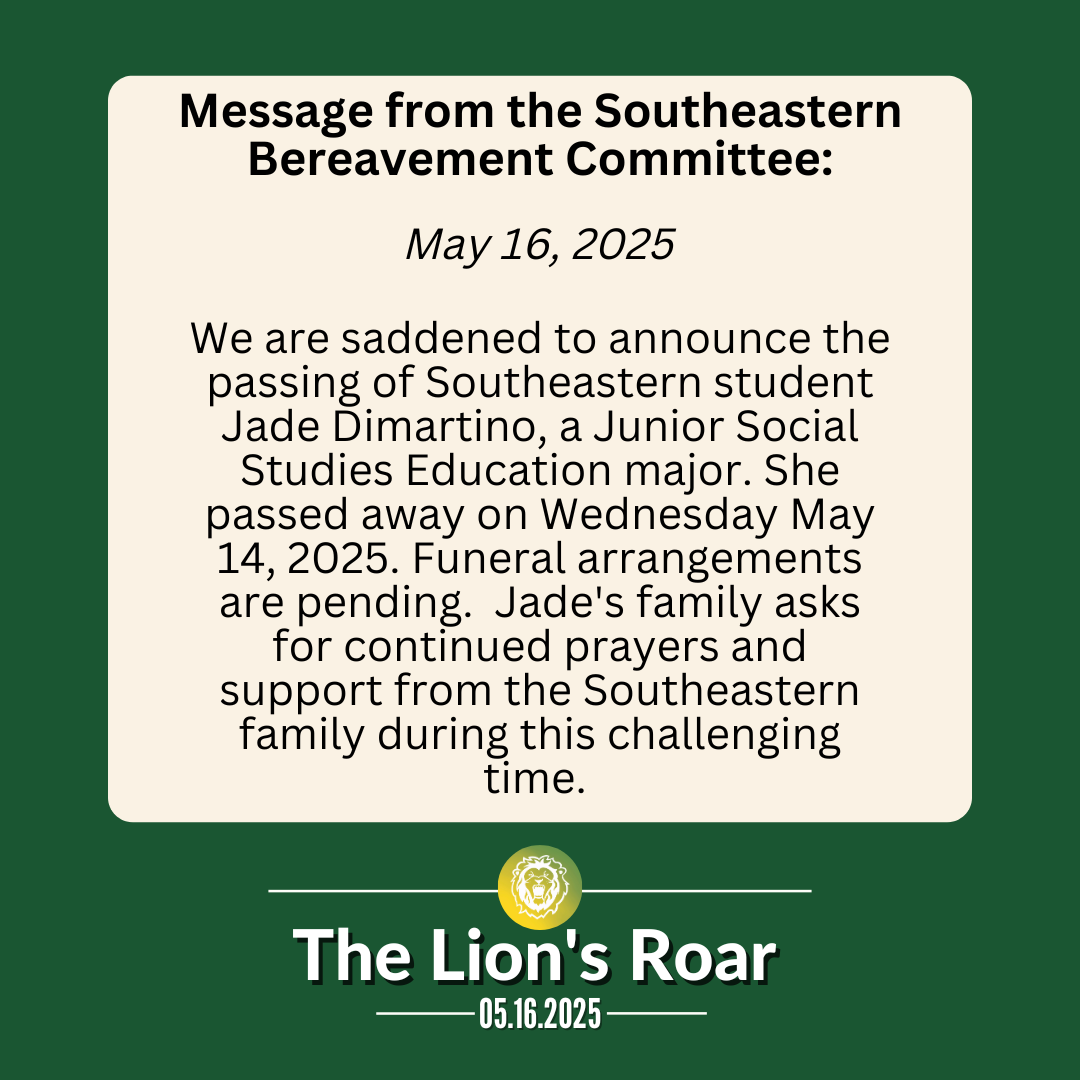Over the past two years, Louisiana students have endured not only COVID-19 but several hurricanes as well. Many students have had cutbacks on job hours due to the pandemic and were taken out of their homes due to the last storm, Hurricane Ida, making it hard to stay afloat.
Louisiana has always had assistance programs such as the Family Independence Temporary Assistance Program, Temporary Assistance for Needy Families and the Supplemental Nutrition Assistance Program. Some of these programs, such as SNAP, have different requirements for college students than for members of the general public.
SNAP provides monthly benefits to help low-income households buy the food they need for good health. The supplemental allotments are loaded onto cards for electronic benefits transfer monthly and ready for use.
Once the funds are transferred to the card, the student can pay for their groceries at their nearest grocery store that accepts EBT such as Walmart, Rouses Market and many more.
Students can apply for assistance formerly known as food stamps online at the Department of Children and Family Services website and even check to see what other programs for which they are eligible.
According to the DCFS website, in order to be considered for SNAP you must be enrolled at least half-time in an institution of higher education and meet at least one of the requirements:
- Be under the age 18 or over 49
- Physically or mentally unfit
- Receiving FITAP benefits
- Employed for an average of at least 20 hours per week and paid for such employment, or if self-employed, employed for an average of at least 20 hours per week and receive weekly earnings at least equal to the federal minimum hourly wage multiplied by 20 hours
- Participate in a state or federally financed work-study program during the regular school year.
This is the most important difference for SNAP for college students – if you are a work-study student, you must be working in a work-study job to qualify rather than needing to work 20 hours a week. The 20 hours per week requirement still applies if you are working a non-work-study job.
To apply, the process will involve setting up an account on the DCFS CAFE Self Service Portal and filling out an application, which can take up to 20 minutes; your progress can be stopped and saved to return later on to finish at any point.
It asks for critical information such as household income, monthly bill amounts and your social security number.
After submission, students must fax, email or mail in documents that support all information answered throughout the application. There will be a list with instructions for sending in residential proof, the last four pay stubs if working or a signed document from an employer, proof of citizenship and proof of student enrollment.
If you don’t have access to a fax machine, there are several businesses that offer the service, in addition to free online faxing services. It can also be mailed from anywhere but only as copies of all the documents and not the originals.
A student will have a month from the application submission date to send in the paperwork, or the application may be denied unless you contact DCFS before the deadline asking for an extension. If the application is denied due to tardiness, the student will be told to reapply.
In the cases that are denied due to other reasons, you may apply for redetermination and that will be given on the CAFE Self Service Portal.
This process of paperwork can take up to a month. Once complete, you will be moved to phase two for an interview that is usually through the phone. You’ll be given a time frame in which to expect your card and can check the status of your application on the CAFE Self Service Portal at any time.
DCFS customer service can handle all questions and can be reached by email or at 1-888-524-3578 Monday-Friday from 7:30 a.m. to 6 p.m. You can also apply by phone at this number if you are unable to complete an online application.








